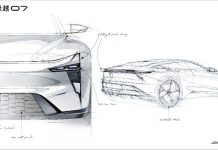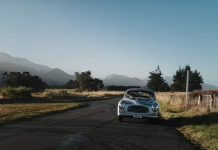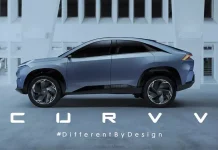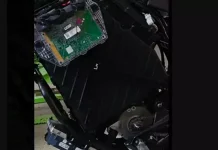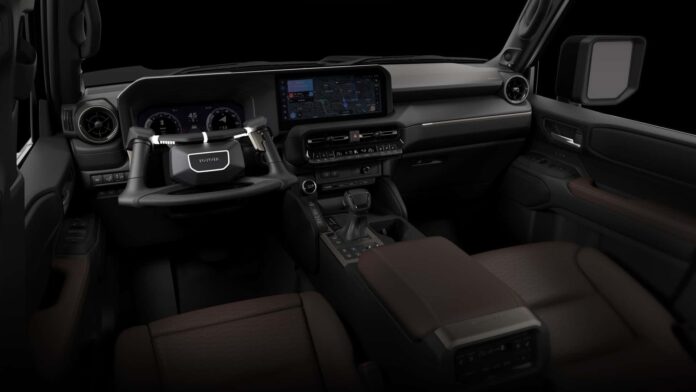Toyota Land Cruiser NEO Steer
In the dynamic landscape of the automotive industry, innovation is the driving force behind progress. As car manufacturers push boundaries to cater to a diverse population and adapt to environmental concerns, Toyota stands out with its groundbreaking “NEO Steer” system. Designed with inclusivity in mind, this hand-operated control mechanism is paving the way for a future where mobility isn’t just about getting from one place to another—it’s about ensuring everyone can do so with ease.
As we delve into Toyota’s visionary approach, we’ll explore how this titan of the industry is redefining the driving experience, not only in terms of technology but in its commitment to inclusivity.”
The innovations presented by Toyota, particularly the “NEO Steer” system in the 2024 Land Cruiser, signify a significant leap in automotive design and inclusivity.


This development showcases several critical aspects and trends in the auto industry
- Focus on Accessibility and Inclusivity:
- The new system addresses a significant need for drivers with lower limb impairments, emphasizing Toyota’s commitment to inclusivity. By allowing control of the vehicle through hand-operated systems, these new models make driving accessible to a broader demographic, ensuring mobility is not limited by physical capabilities.
- This initiative aligns with global trends in demographic change, social inclusion, and equality, demonstrating that major companies are acknowledging diverse needs within the community.
- Innovation and Competition:
- Toyota’s move places it in direct competition with other manufacturers like Mazda that have already been providing vehicles catered to drivers with disabilities. This kind of competition with the help of Toyota Land Cruiser NEO Steer often spurs rapid innovation and improvement, as companies strive to offer the best solutions for customers’ needs.
- The adoption of yoke-like steering technology and steer-by-wire systems, previously seen in brands like Lexus, shows an industry trend towards these futuristic controls. These systems may start as novel or luxury features but could become standard as user familiarity and production efficiency increase.
Toyota Land Cruiser NEO Steer and Yoke-like Steering Wheel
- Electrification and Future Mobility:
- The emphasis on electric vehicles (EVs) in their showcase, including the zero-emission versions of traditional models, underscores Toyota’s commitment to electrification, meeting environmental targets, and aligning with global trends toward reducing carbon emissions.
- The variety of electric models, from family vehicles to sports cars, indicates a comprehensive approach to electrification, suggesting the future of the brand might not be limited to specific niches but a broad transformation across all categories.
- Safety and Regulatory Considerations:
- The introduction of non-traditional control schemes will likely require rigorous testing to ensure they meet strict safety standards. It also poses a challenge in terms of regulation, as governments will need to assess and possibly adapt current laws to accommodate these innovations.
- This change will also necessitate driver education to ensure that those using these advanced systems understand how to do so safely, maintaining road safety for all users.
Accessibility for people with disabilities and Toyota Land Cruiser NEO Steer
- Implications for the Auto Industry:
- If successful, Toyota’s innovations could set new standards for vehicle accessibility, prompting other manufacturers to follow suit with similar features, leading to an industry-wide shift in how vehicles are designed and operated.
- This trend further highlights the auto industry’s move towards more tech-integrated vehicles, where changes aren’t just about what powers the car but also how drivers interact with it, pointing towards a future where the driving experience is drastically different from traditional methods.
By championing these advancements, Toyota positions itself as a leader in both the EV sector and inclusive design, potentially shaping the direction of the automotive industry in the years to come.
Conclusion and Yoke-like Steering Wheel
The “NEO Steer” system is not merely a new feature within a vehicle; it is a statement of empathy, a tangible response to the challenges faced by individuals with mobility impairments. By reimagining the very way we interact with vehicles, Toyota is setting a new industry standard, encouraging its peers to also take bold steps in addressing the diverse needs of the global community. This innovation highlights that mobility is a right for all, not just a select few, and serves as a reminder that technology is at its most impactful when it tears down barriers and creates bridges to independence and equality.
Furthermore, Toyota’s leadership in this area amplifies its commitment to social responsibility, potentially creating a ripple effect throughout the automotive sector and beyond. The implications extend to how companies view their role within society, underscoring the need for a holistic approach that considers not just profitability, but also the well-being of every individual.



